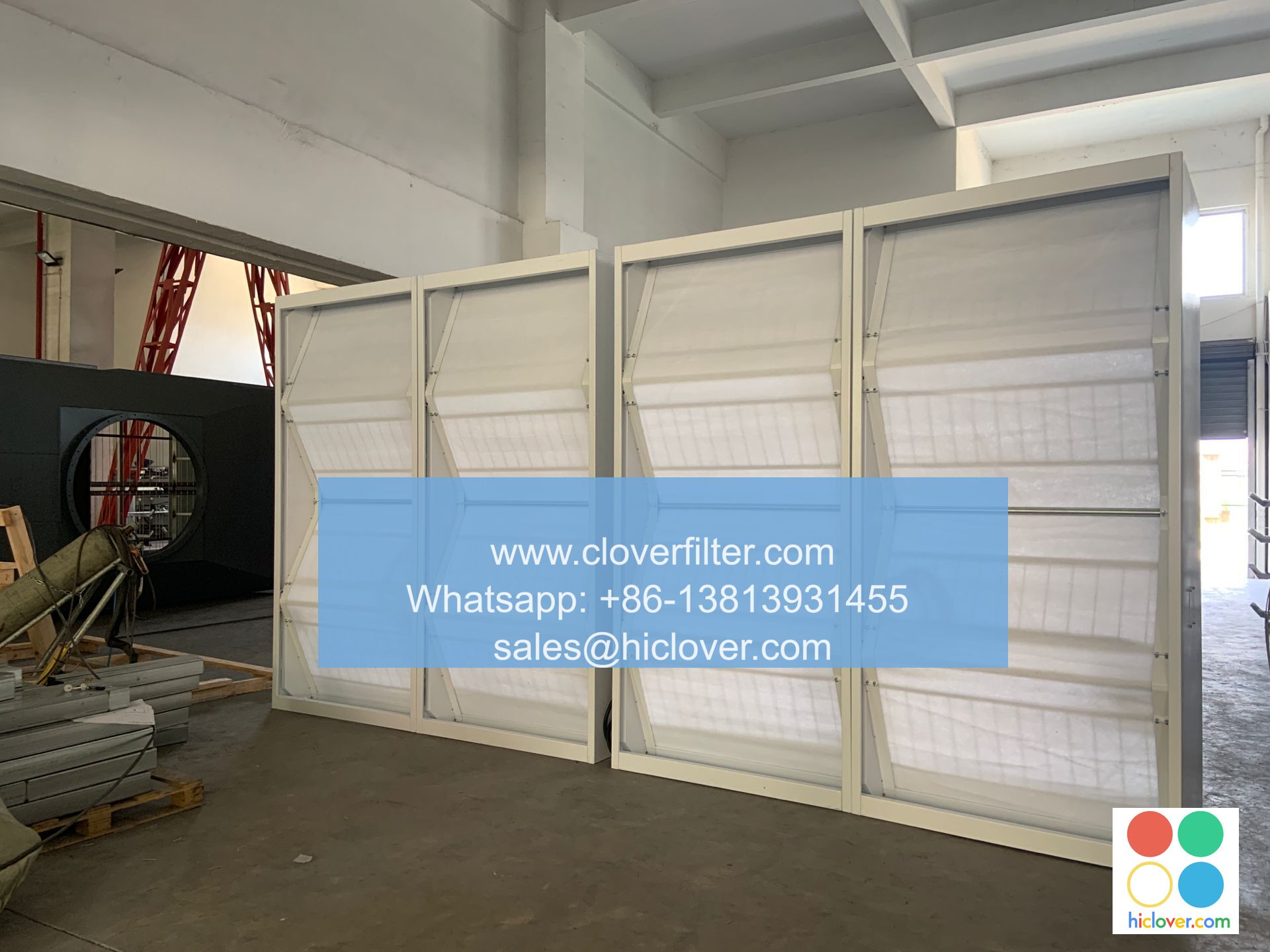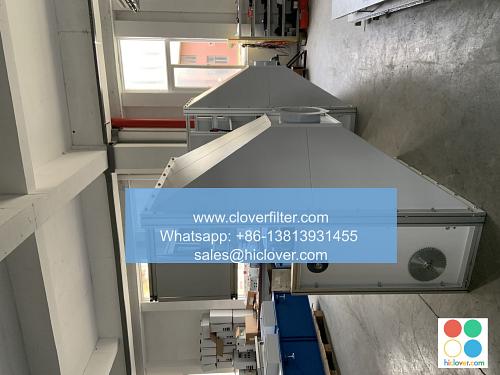Best Practices for Maintenance and Replacement of Air Filters in Industrial Settings

Proper maintenance and replacement of air filters are crucial in industrial settings to ensure optimal air quality, energy efficiency, and equipment performance. In this article, we will discuss the best practices for maintaining and replacing air filters in various industrial applications, including heating, ventilation, and air conditioning (HVAC) systems, compressed air systems, and dust collection systems.
Importance of Regular Maintenance
Regular maintenance of air filters is essential to prevent air pollution, equipment damage, and energy waste. Dirty or clogged air filters can lead to reduced airflow, increased energy consumption, and premature equipment failure. By following a regular maintenance schedule, industrial facilities can ensure clean air, reliable equipment operation, and cost savings.
Best Practices for Air Filter Maintenance
The following are some best practices for maintaining air filters in industrial settings:
* Regular inspections: Inspect air filters regularly to check for signs of wear, damage, or clogging.
* Cleaning and replacement: Clean or replace air filters as needed to maintain optimal airflow and filtration efficiency.
* Proper installation: Ensure that air filters are installed correctly to prevent air leaks and reduced filtration efficiency.
* Training and education: Provide training and education to maintenance personnel on air filter maintenance and replacement procedures.
Replacement of Air Filters
Replacing air filters regularly is crucial to maintain optimal air quality and equipment performance. The following are some best practices for replacing air filters:
* Follow manufacturer guidelines: Follow the manufacturer’s guidelines for air filter replacement to ensure compatibility and optimal performance.
* Choose the right filter: Choose the right air filter for the specific industrial application, considering factors such as air quality requirements, equipment type, and environmental conditions.
* Consider energy efficiency: Consider energy-efficient air filters that can help reduce energy consumption and costs.
Application Areas for Air Filters
Air filters are used in various industrial applications, including:
* HVAC systems: Air filters are used in HVAC systems to maintain indoor air quality and equipment performance.
* Compressed air systems: Air filters are used in compressed air systems to remove contaminants and moisture from compressed air.
* Dust collection systems: Air filters are used in dust collection systems to capture dust particles and prevent air pollution.
* Pharmaceutical and food processing: Air filters are used in pharmaceutical and food processing industries to maintain clean air and prevent contamination.
Conclusion
In conclusion, proper maintenance and replacement of air filters are crucial in industrial settings to ensure optimal air quality, energy efficiency, and equipment performance. By following best practices for air filter maintenance and replacement, industrial facilities can prevent air pollution, equipment damage, and energy waste. It is essential to consider the specific industrial application, equipment type, and environmental conditions when selecting and maintaining air filters. By prioritizing air filter maintenance and replacement, industrial facilities can ensure a safe, healthy, and productive work environment. It seems like you forgot to include the prompt. Please go ahead and provide the prompt, and I’ll be happy to help!

